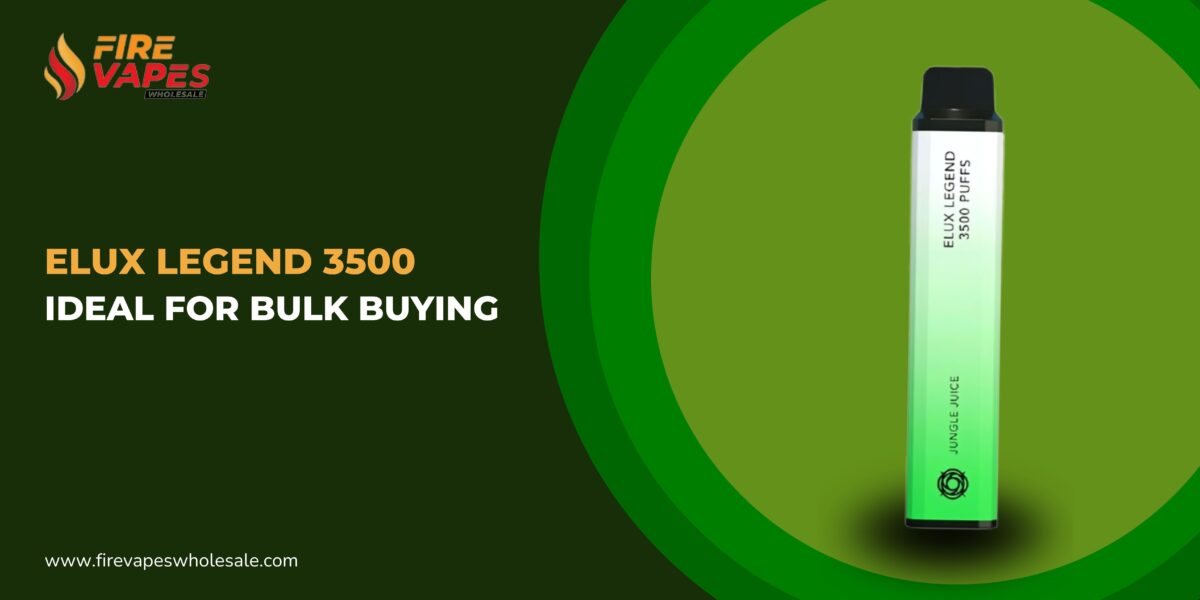The Pros and Cons of Clothing Brands: Navigating the Fashion Industry Landscape
Clothing brands are ubiquitous in today’s fashion-conscious society, offering consumers a plethora of options to express their personal style and identity. From luxury labels to streetwear stalwarts, each brand brings its unique ethos, aesthetic, and value proposition to the table. In this comprehensive exploration, we delve into the multifaceted world of clothing brands, examining their pros and cons, and offering insights into navigating the ever-evolving landscape of the fashion industry.
Pros of Clothing Brands:
- Identity and Self-Expression:
Clothing brands serve as a means of self-expression, allowing individuals to communicate their personal style, values, and identity to the world. Whether through iconic logos, distinctive designs, or signature aesthetics, brands enable consumers to curate their wardrobe in alignment with their unique tastes and preferences.
- Quality and Craftsmanship:
Many clothing brands prioritize quality and craftsmanship, investing in premium materials, meticulous construction techniques, and rigorous quality control processes. As a result, consumers can expect superior durability, comfort, and longevity from branded garments, making them a worthwhile investment in the long run.
- Brand Loyalty and Community:
Strong clothing brands often cultivate loyal followings and vibrant communities around their products. Through engaging marketing campaigns, immersive brand experiences, and active participation in cultural conversations, brands foster a sense of belonging and camaraderie among their customers, creating lasting relationships that extend beyond mere transactions.
- Trendsetting and Innovation:
Leading clothing brands often serve as trendsetters and innovators within the fashion industry, driving forward-thinking design concepts, technological advancements, and sustainability initiatives. By pushing the boundaries of creativity and pushing for progress, brands inspire industry-wide change and shape the direction of future trends.
- Accessibility and Convenience:
Clothing brands offer consumers a convenient shopping experience, with widespread availability through physical retail outlets, e-commerce platforms, and mobile applications. This accessibility ensures that shoppers can easily access their favorite brands, browse their latest collections, and make purchases at their convenience, regardless of geographic location or time constraints.
Cons of Clothing Brands:
- Cost and Affordability:
While branded clothing often boasts superior quality and craftsmanship, it can come with a premium price tag that may be inaccessible to budget-conscious consumers. High-end luxury brands, in particular, command exorbitant prices that place them out of reach for many individuals, limiting their accessibility and affordability.
- Brand Dilution and Homogenization:
As the fashion industry becomes increasingly saturated with clothing brands vying for consumer attention, there is a risk of brand dilution and homogenization. With many brands adopting similar aesthetics, trends, and marketing strategies, it can be challenging for brands to differentiate themselves and maintain a distinct identity in the crowded marketplace.
- Fast Fashion and Sustainability Concerns:
The rise of fast fashion has raised significant concerns about its environmental and social impact. Many clothing brands prioritize speed and cost-efficiency over sustainability and ethical practices, leading to issues such as textile waste, pollution, and labor exploitation. Consumers are increasingly demanding greater transparency and accountability from brands regarding their supply chain practices and environmental footprint.
- Brand Authenticity and Integrity:
In an age of influencer marketing and sponsored content, consumers are becoming more discerning about brand authenticity and integrity. Brands that engage in superficial or opportunistic marketing tactics risk alienating their audience and undermining their credibility. Authenticity and transparency are essential for building trust and fostering long-term relationships with consumers.
- Overemphasis on Branding and Status:
In some cases, clothing brands may prioritize branding and status symbolism over substance and quality. This emphasis on conspicuous consumption can perpetuate materialism, consumerism, and social inequality, as individuals may feel pressured to purchase branded goods as a means of signaling their social status or belonging to a certain social group.
Navigating the Fashion Landscape:
Hellstar and Vlone: In the realm of clothing brands, Hellstar and Vlone stand out as exemplars of innovation, authenticity, and cultural relevance. With their distinct aesthetics, bold designs, and unwavering commitment to individuality, these brands have carved out unique niches in the fashion industry, captivating audiences around the world.
For those seeking a shopping experience that embodies the spirit of urban cool and streetwear sensibility, Hellstar and Vlone offer an array of compelling options. From statement graphic tees and hoodies to standout outerwear pieces and accessories, these brands provide consumers with the opportunity to express themselves boldly and authentically through their clothing choices.
In conclusion, clothing brands play a significant role in shaping our sartorial landscape, offering consumers a diverse array of options for self-expression, quality craftsmanship, and community engagement. While there are certainly drawbacks associated with certain brands and industry practices, the pros of clothing brands often outweigh the cons, providing consumers with valuable opportunities to engage with fashion in meaningful and impactful ways. As we navigate the complex and ever-changing fashion landscape, it’s essential to remain mindful of the values, ethics, and aspirations that guide our consumption choices, ensuring that we support brands that align with our principles and priorities.









